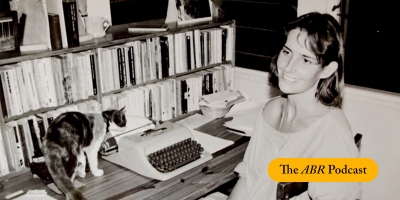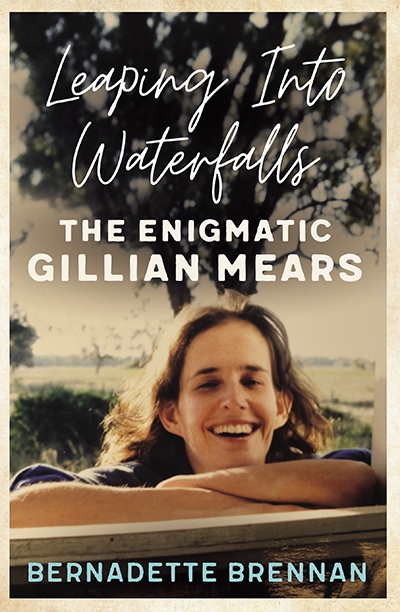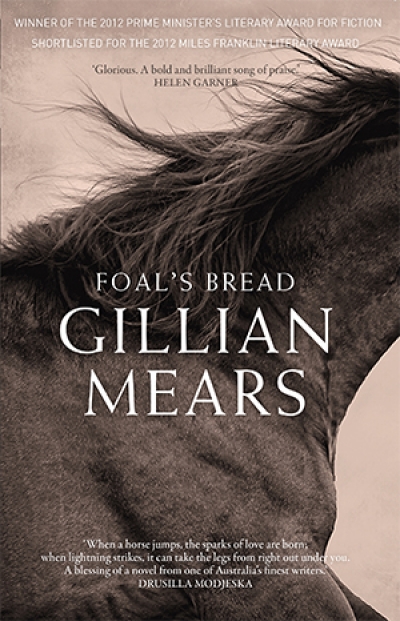Gillian Mears
Sign up to Book of the Week and receive a new review to your inbox every Monday. Always free to read.
Recent:
The late Gillian Mear’s two governing passions were horse-riding and writing – passions that came together in the fiction for which she is best-known, such as Ride a Cock Horse (1988) and Foal’s Bread (2011). Mears’s life – from her childhood in rural New South Wales to her recourse to alternative therapies for her diagnosis of multiple sclerosis – has now been pieced together by Bernadette Brennan in Leaping into Waterfalls: The enigmatic Gillian Mears. In today’s episode, Brenda Walker reads her review of Brennan’s biography, which she describes as ‘a mighty and populous canvas’, charting the course of ‘a writer who took note of everything: parents, siblings, friends, lovers’.
... (read more)Leaping into Waterfalls: The enigmatic Gillian Mears by Bernadette Brennan
News from the Editor's Desk in the June–July issue of Australian Book Review.
... (read more)




